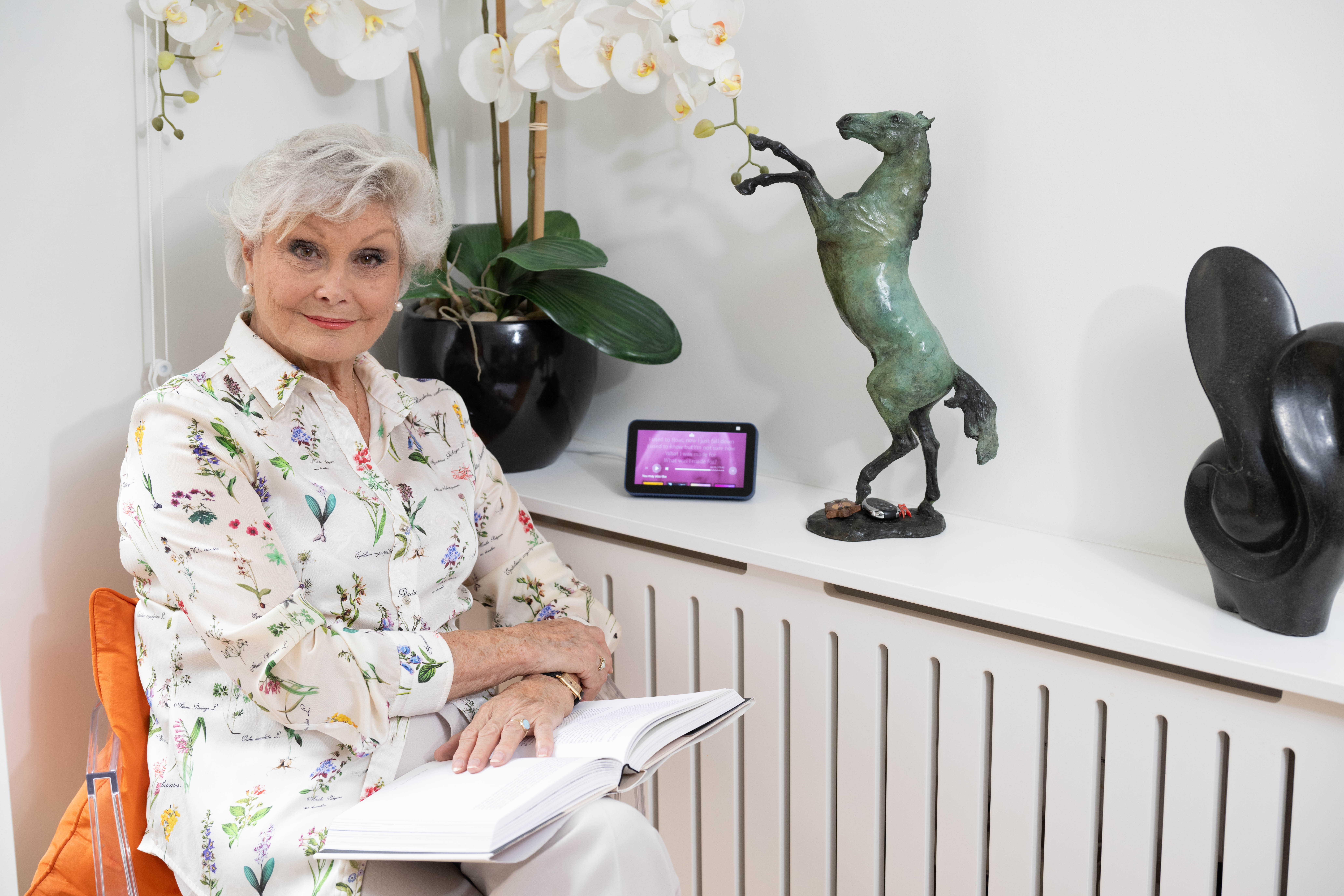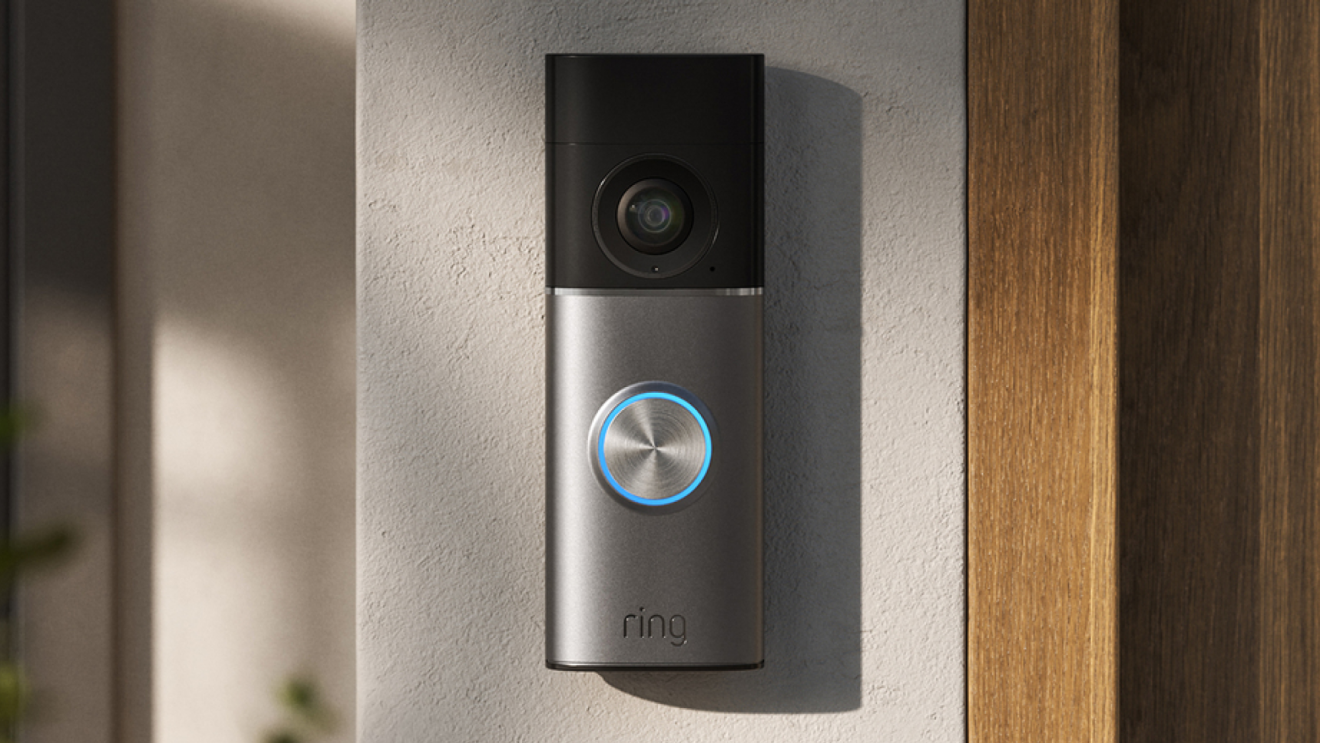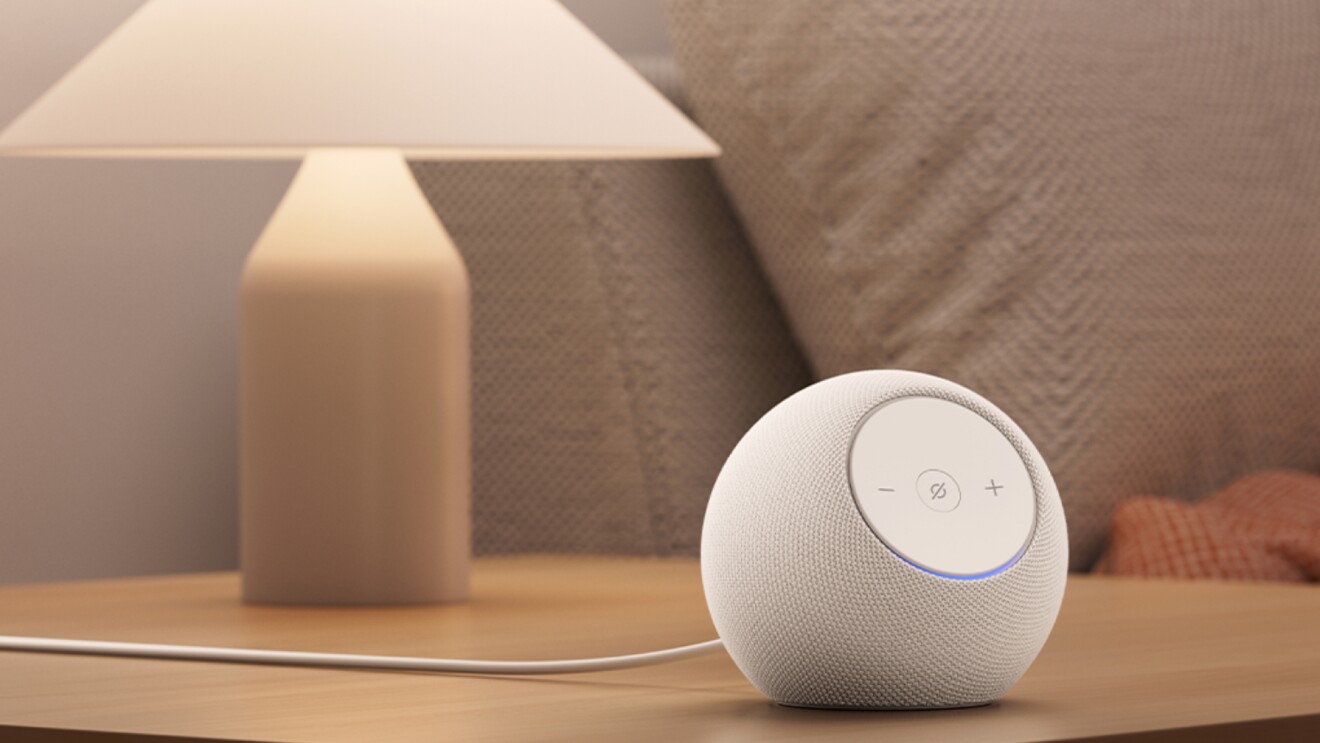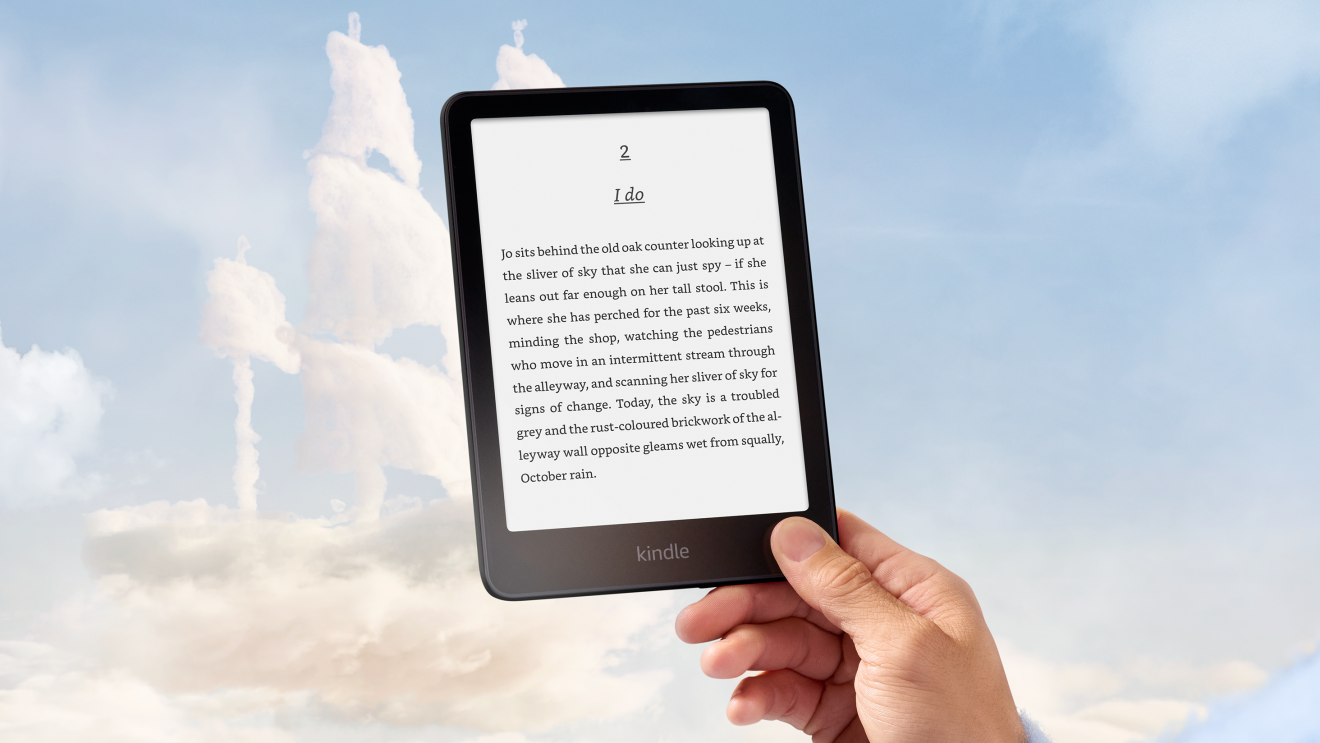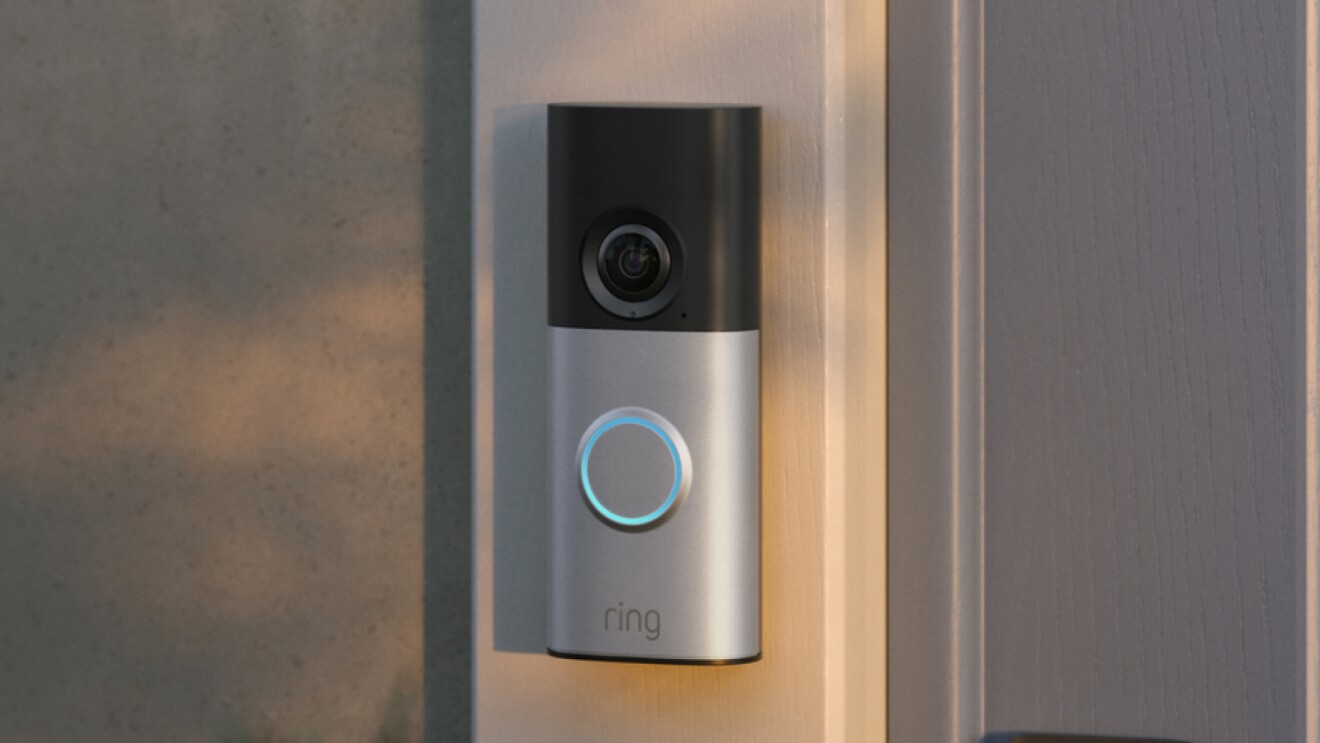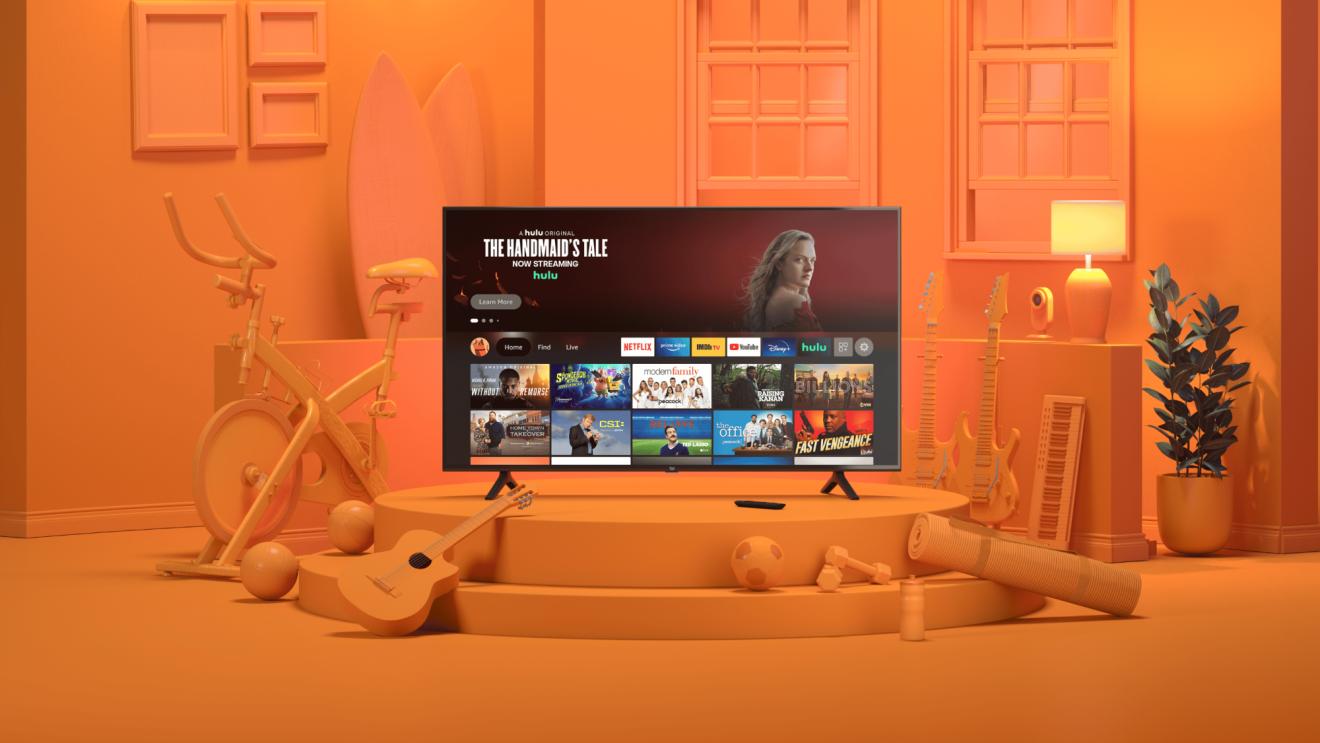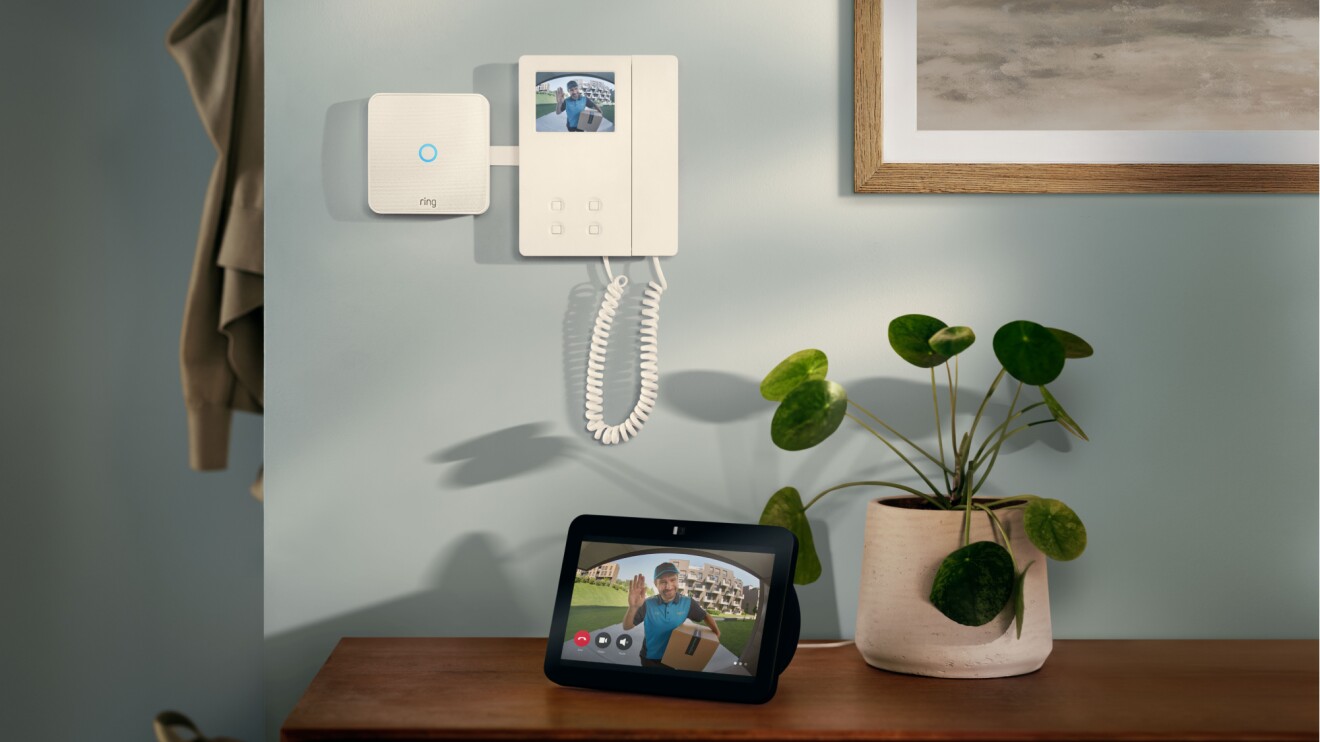Amazon has joined forces with journalist and presenter Angela Rippon to raise awareness of the positive impact that Alexa makes on the lives of elderly people.
Alexa-enabled devices have the power to reduce feelings of isolation and loneliness, according to a new report which studied a group of people aged 65+ across the UK.
81% of the participants reported that Alexa ‘made them feel less lonely’, and said that Alexa made them feel less isolated. Now, Amazon has teamed up with Angela Rippon to raise awareness of the power of technology to help reduce feelings of loneliness and isolation.
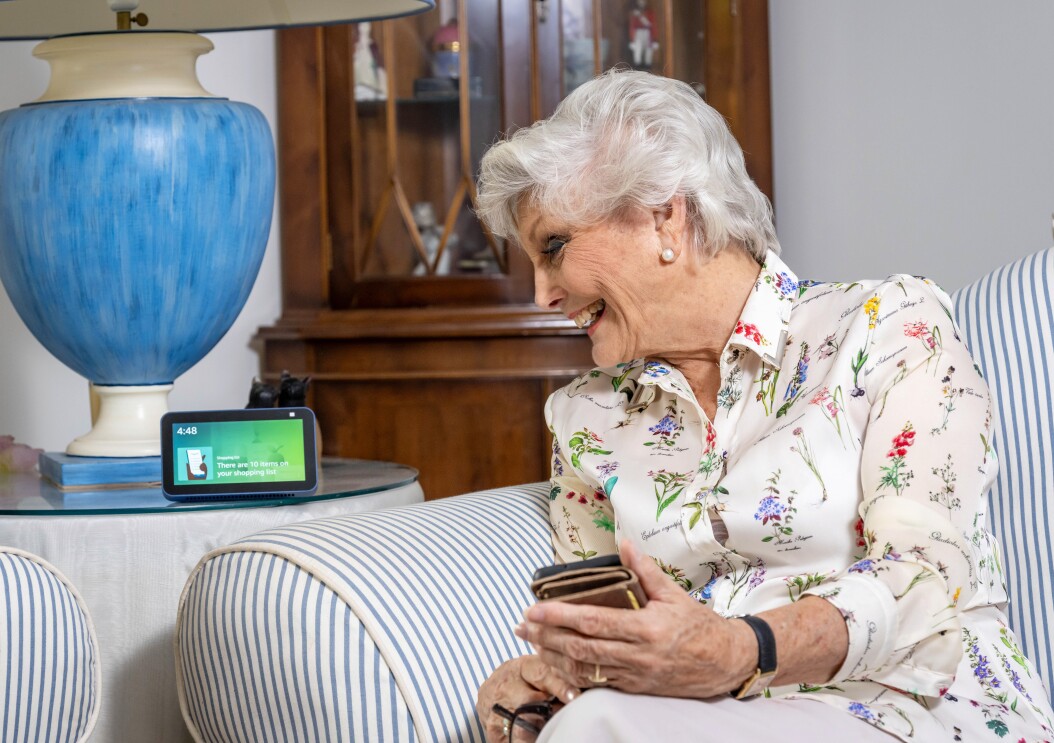
“People often talk about how technology can confuse and cut off older people, but it can also offer solutions,” said Angela Rippon. “AI voice services like Alexa can bring family and friends into your home and because it’s voice activated, there is no complicated technology involved. It’s so easy to use, and can answer your questions about the weather - or even how to perfect the Cha-Cha.
“I often use Alexa for relatively simple tasks like making my shopping list but it’s amazing how much it helps. We need to continue to make technology more accessible for elderly people and to encourage friends, families, charities and volunteers to help us along the way.”
“We’re heartened to see that Alexa can be truly helpful for the older population, reducing their sense of loneliness, increasing human interactions and making aspects of daily life easier."
Eric King
Director of Alexa EuropeThe study, carried out by Thinks Insights & Strategy, provided Amazon Echo devices to people aged 65+ across the UK. 81% of the participants reported feel less lonely. Prior to using Alexa, over half (54%) of participants in the study said they sometimes or always feel isolated but after just four weeks with Alexa, this had reduced to just over a third (35%).
“Every day at Amazon we work to create devices and services that make life better for our customers, whether that is by making it easier to speak to their family and friends or simply by providing a quick way to listen to their favourite music”, said Eric King, Director of Alexa Europe.
“The results of the research are undoubtedly very encouraging, and we’re heartened to see that Alexa can be truly helpful for the older population, reducing their sense of loneliness, increasing human interactions and making aspects of daily life easier.”
The study also highlighted a positive impact on the participants’ sense of wellbeing, lifting spirits after just two weeks with Alexa. Before the study, 49% said that they had been cheerful and in good spirits within the last two weeks. This had risen to 68% after two weeks, and 75% after four weeks with Alexa, highlighting the potential for technology to improve people’s mood. Alexa had a similar impact on feelings of calm and relaxation, showing a significant increase in those feelings over the duration of the study.

Voices of the participants themselves, who left some comments during the study cited, “It makes me feel more confident using technology and is in some ways a sort of companion to me,” and use of the device “It gives me a good feeling about using technology.”
Loneliness is another big problem in the UK with recent research from the Campaign to End Loneliness revealing that 49.6% of adults (26 million people) in the UK reported feeling lonely occasionally, sometimes, often or always and approximately 7.1% of people in Great Britain (3.83 million) experience chronic loneliness, meaning they feel lonely ‘often or always’.
Participants in the study commented that using Alexa helped to relieve boredom, which research suggests is strongly linked to feelings of loneliness.
Participants were recruited by AbilityNet, a charity that helps individuals with any disability, of any age, to use all kinds of digital technology. They were provided with support to set up and use their device and were interviewed three times during the study: just before the start, after two weeks and after four weeks. There was a significant increase in levels of comfort with technology, with 39% saying they were comfortable using technology prior to using Alexa, rising to 50% after four weeks with Alexa.
Some of the most common tasks used by participants in the research related to accessing information and entertainment. The most common was keeping up to date with the weather forecast (83%), followed by playing music or podcasts and audiobooks (79%) and keeping up with the news (75%). Just under a third (31%), meanwhile, used it to help ensure they take their medication at the right time.
